|
APCA Editor's Note:
Traditionally, there has been a view that coaching is something that coaches do. However, in recent years more and more evidence is pointing to the fact that coaching is something that great managers do; That it's extremely difficult to be a great manager without being a good coach. This is why, at APCA, we are finding more and more interest from professionals who are not just looking to coach full time, but who are professionals in managerial or human resource positions and who are finding that having a strong coaching ability allows them to perform better at their job while helping their direct reports or staff do likewise. You Can’t Be a Great Manager If You’re Not a Good Coach by Monique Valcour | 1:00 PM July 17, 2014 If you have room in your head for only one nugget of leadership wisdom, make it this one: the most powerfully motivating condition people experience at work is making progress at something that is personally meaningful. If your job involves leading others, the implications are clear: the most important thing you can do each day is to help your team members experience progress at meaningful work. To do so, you must understand what drives each person, help build connections between each person’s work and the organization’s mission and strategic objectives, provide timely feedback, and help each person learn and grow on an ongoing basis. Regular communication around development — having coaching conversations — is essential. In fact, according to recent research, the single most important managerial competency that separates highly effective managers from average ones is coaching. Strangely, at most companies, coaching isn’t part of what managers are formally expected to do. Even though research makes it clear that employees and job candidates alike value learning and career development above most other aspects of a job, many managers don’t see it as an important part of their role. Managers think they don’t have the time to have these conversations, and many lack the skill. Yet 70% of employee learning and development happens on the job, not through formal training programs. So if line managers aren’t supportive and actively involved, employee growth is stunted. So is engagement and retention. Can you teach old-school, results-focused line managers to coach their employees? Absolutely.
0 Comments
Fire Your Recruiter! APCA's Executive Director Presents at Foreign Correspondents' Club Japan4/21/2014 The Asia-Pacific Coaching Alliance's Co-Founder and Executive Director, James Santagata, will be presenting at the Foreign Correspondents' Club of Japan on April 17th, 2014.
Presentation Topic: Sick & Tired of Resume-Collecting Recruiters? Fire Your Recruiter & Take Control of Your Job Search & Your Life! (FYI: This is not a gratuitous beat down on recruiters, it's a hard-edged, constructive conversation to give job seekers the unadulterated truth along with immediately actionable, life changing information and know-how - all recruiters are more than welcome). APCA Executive Director, James Santagata, Speaks At 2014 AfterJET Conference (Yokohama, Japan)2/26/2014 APCA Executive Director, James Santagata, spoke at the 2014 AfterJet Conference held at the Pacifico Yokohama in Yokohama, Japan.
The conference attracted over 390 very energetic and ambitious participants. We talked to Bill about re-inventing business & aligning yourself with the new energies of the marketplace, specifically the "conscious redesign of business".
It's no secret that the market has change dramatically over the last 2, 3 even 4 years in that there's now so much information and so many iterations out there that everything is diluted with the end result being that the market has become completely numb. Our talk with Bill should be of great interest to many in the coaching field as the market has become very crowded with the net result being that many coaches are now simply resigned to surviving rather than thriving. These are the questions that we posed to Bill: 1) You say that the energy of business has changed with the advent of content marketing, social media, social networks, mobile devices and people connected 24/7. Can you discuss this in more detail? 2) How can (and should) coaches and business respond or react to this? 3) You mentioned a new definition for branding, what is this? [heart / creative (presence) vs mind / cognitive (branding)] 4) What are the mechanics and the step by step process for brand or presence development? 5) Can you walk us through your definition and the process of your no-pressure, heart vs mind-based sales process? 6) Can you explain what you mean by "not selling" but "inviting" and then maybe walk us through an example? 7) Give us an example of a hard close script using your process. 8) You mentioned there's a key difference between a customer and a client. What is it and what does it matter? The questions that we posed to Bill during our time together:
1) Bill can you please describe what a Business Vision Mentor is and does? 2) The coaching marketing is becoming / seemingly very crowded today. How can coaches stand out from crowd and reach the people they can best serve and make a difference in the world? 3) What trends have you seen in the market since the 1990's, 2001 when you enter coaching and now today? 4) What do you say to strong (certified) coaches who can't develop a solid book of business while some coaches with no certification have developed a strong book of business? What's the difference? What can they do? 5) How do you define a brand? 6) What do you say to people who don't feel comfortable in selling or marketing themselves? Is there a way around that? Is there another way? 7) You talk about having a pressure free sales technique because "there is no sale to make". What are the mechanics of that? (hint: Presence, Attraction, Invitation, Collaboration) 8) What does the psychographic category "group cultural creative" mean and why should coaches care? 9) What is an Enlightenpreneur? 10) What do you mean "the energy of business has changed" and why do you say that? Please give us some examples? 11) How can coaches re-align themselves to the new energy of business and the new marketplace? Coach For Impact!™ Expert Interview Series, Anna Rydne, Communications & Personal Branding Expert10/28/2013 What does it take to build a strong personal brand?
Why is this so crucial in today's crowded marketplaces? What social media tools are recommended? How long does it take? Today, Anna Rydne, a Communications and Personal Branding Expert shares her first-hand experiences, successes and insights with you. We're always interested in interviewing expert coaches and related experts on a wide range of topics including skills acquisition, training methods, market trends, marketing, business development and related topics that will provide our readers and listeners unique insights or actionable advice in building or growing their coaching practices or coaching skill sets.
Our readers and listeners are primarily composed of six main segments: 1. Seasoned and successful coaches who want to stay out in front and on top of their game. 2. Seasoned coaches looking to step up and move their coaching skills & practices to the next level. 3. Part-time coaches looking to transition from part-time work to full-time coaching. 4. Newly minted coaches looking to establish or build out a practice. 5. Prospective coaches looking to gather information to see if coaching is right for them. 6. Corporate HR and Line Managers interested to discover the value that coaches can bring to their organization as well as interested to learn how to select a coach that best meets their or their organization's needs. Our monthly unique visitors currently ranges between 3,000 to 4,000 uniques and in recent months, this has consistently been trending upwards and we expect it to continue to grow as we add deep and unique content. The Coach For Impact!™ Expert Interview Series continues with Adam Markus a Graduate Admissions Guru and Coach.
|
About UsThe Asia-Pacific Coaching Alliance (APCA) is the #1 Gateway for Asia-Pacific Coaching Opportunities and Knowledge™. Archives
January 2017
Categories
All
|
|
© Copyright 2012-2024 The High-Impact Coaching Alliance. All Rights Reserved.
|

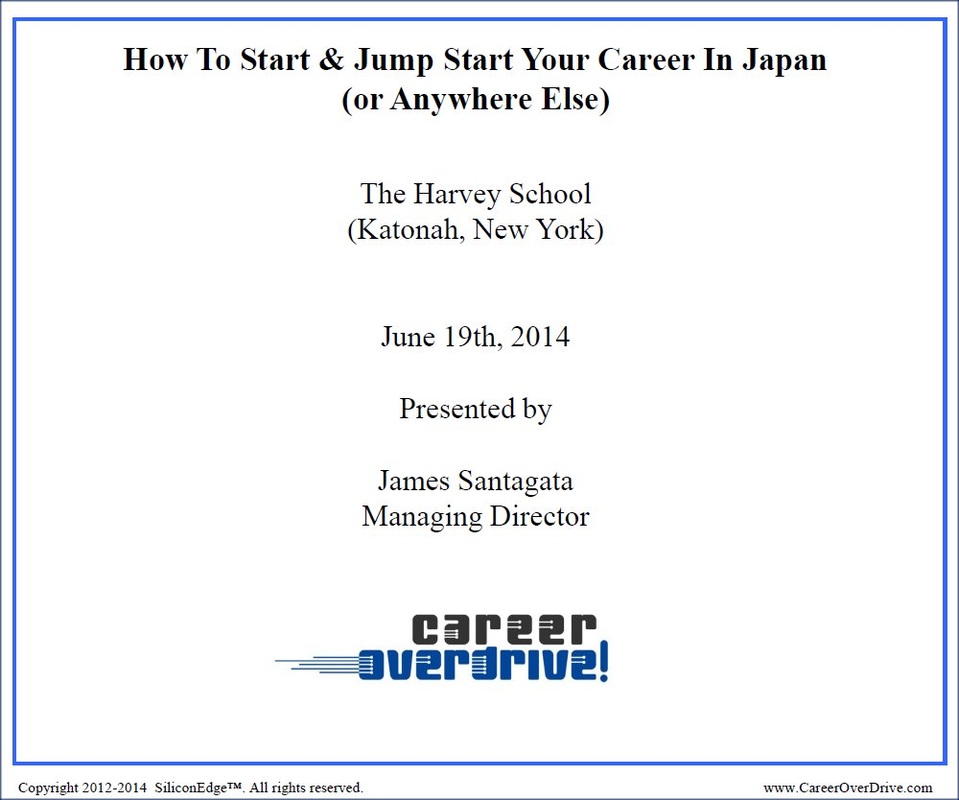
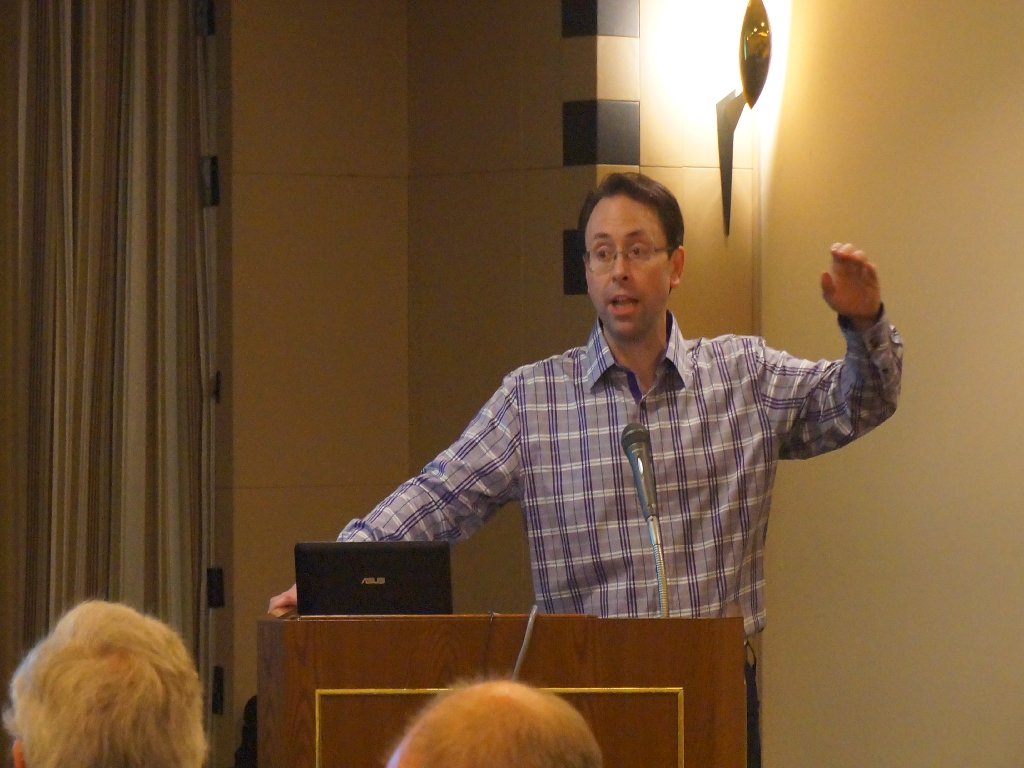
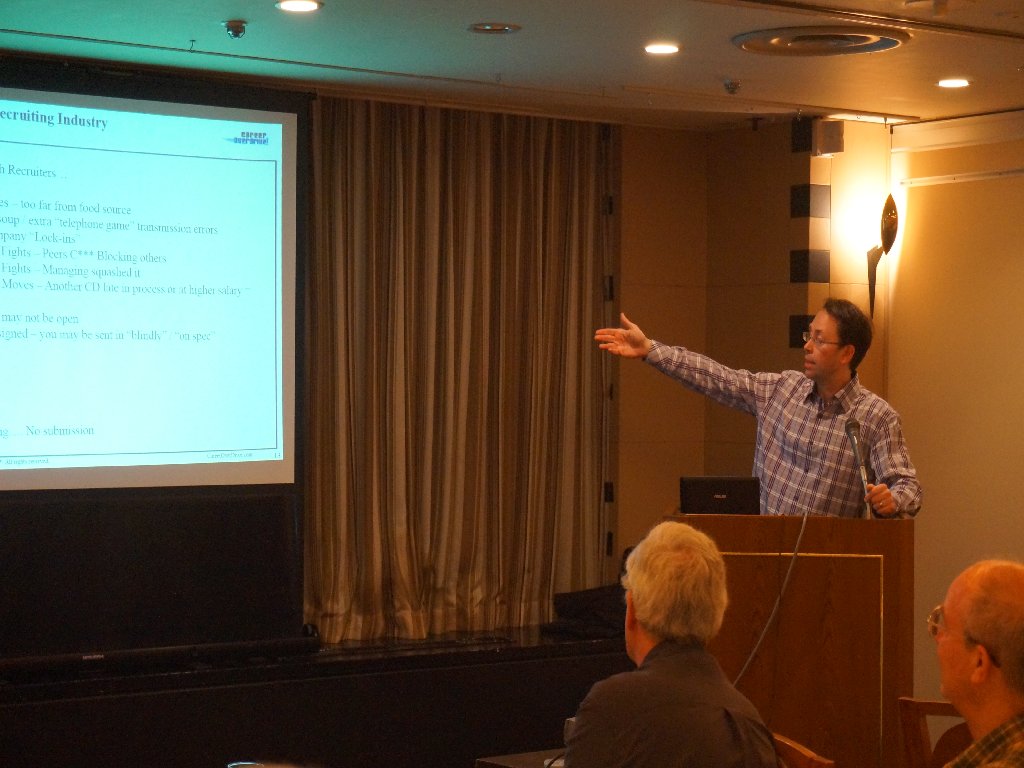
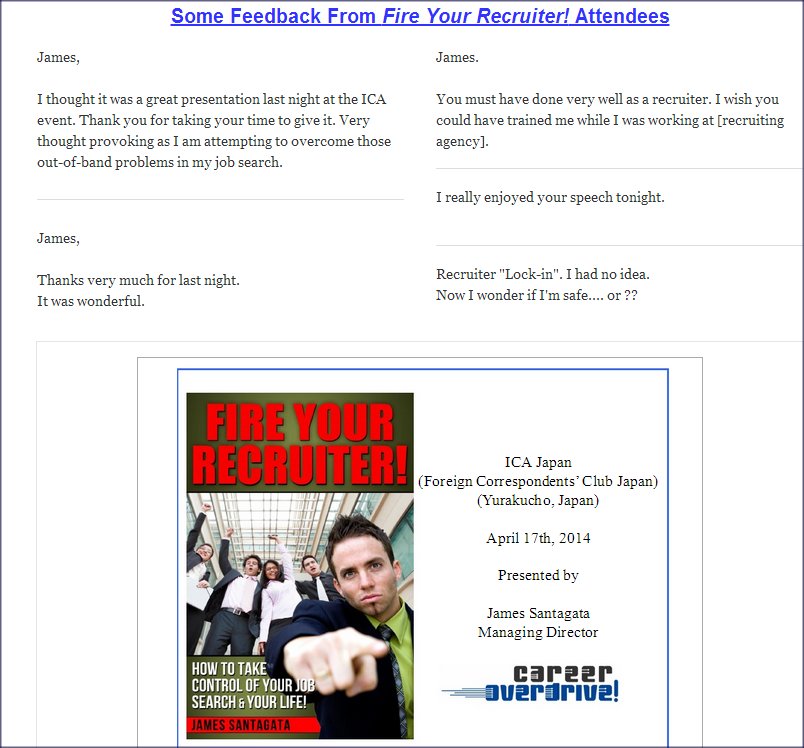
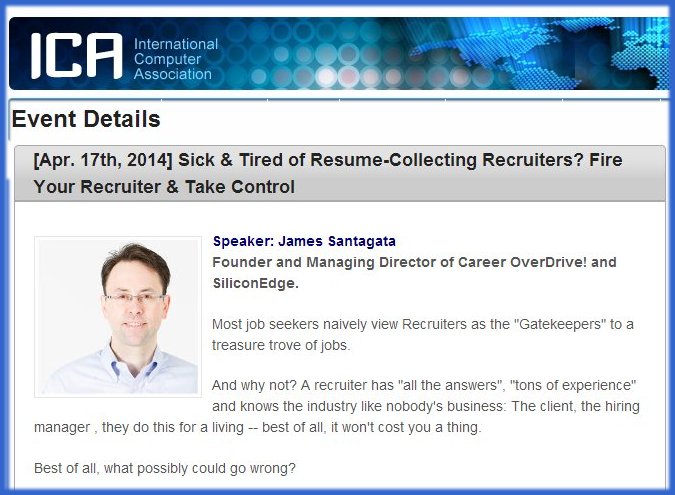

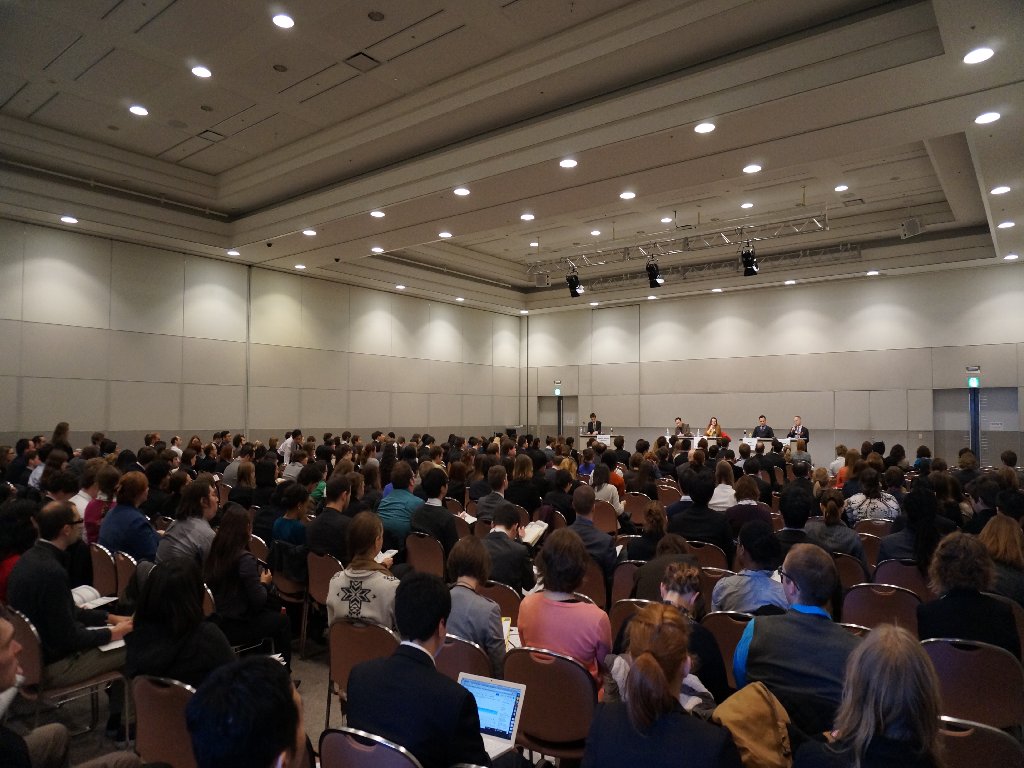
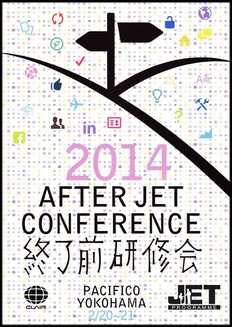
 RSS Feed
RSS Feed

